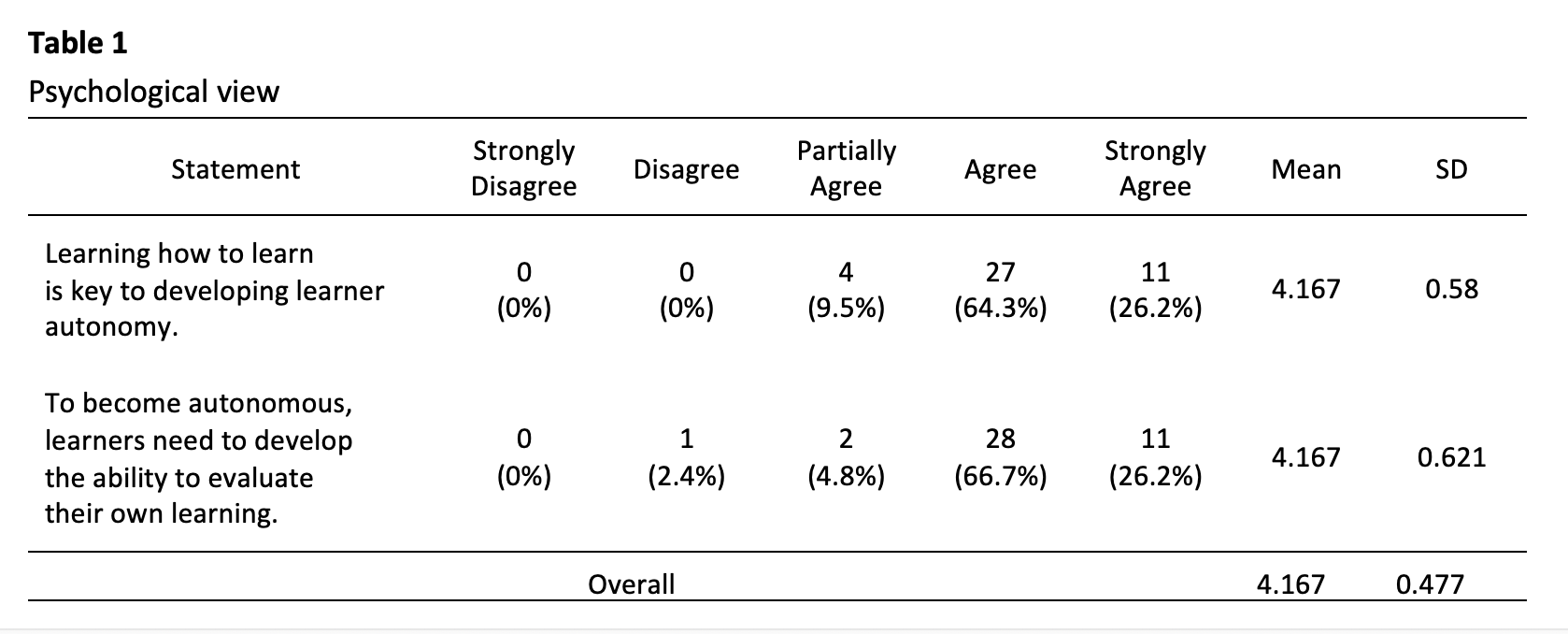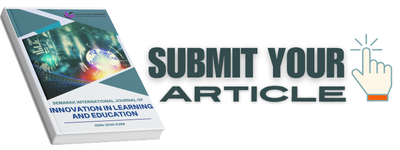Aligning Beliefs with Action: A Study of Esl Teachers' Beliefs on Fostering Learner Autonomy
DOI:
https://doi.org/10.37934/sijile.3.1.2234Keywords:
Autonomous learning, learners’ autonomy, language learning, teachers’ perceptions, teachers’ strategiesAbstract
Learner autonomy, where students take charge of their learning, is a growing focus in language education. However, research suggests a gap exists between teachers' belief in learner autonomy and their actual classroom practices. This study, conducted at a public Malaysian university, investigates this disconnect by exploring how ESL teachers perceive learner autonomy and how those beliefs translate into action. Using a mixed methods approach, the research first employed surveys to examine the correlation between teachers' beliefs and their reported use of autonomy-fostering practices. In-depth interviews then provided richer insights into the experiences and challenges teachers face in implementing such practices. The findings revealed a positive correlation - teachers with stronger beliefs were more likely to report using autonomy-fostering methods. However, interviews highlighted the complexities of implementing learner autonomy, revealing both potential benefits and practical challenges. This study underscores the need for targeted professional development programs that bridge the gap between teachers' beliefs and effective classroom strategies. By equipping teachers with practical tools and addressing implementation challenges, such programs can empower them to cultivate truly autonomous learners.
Downloads










